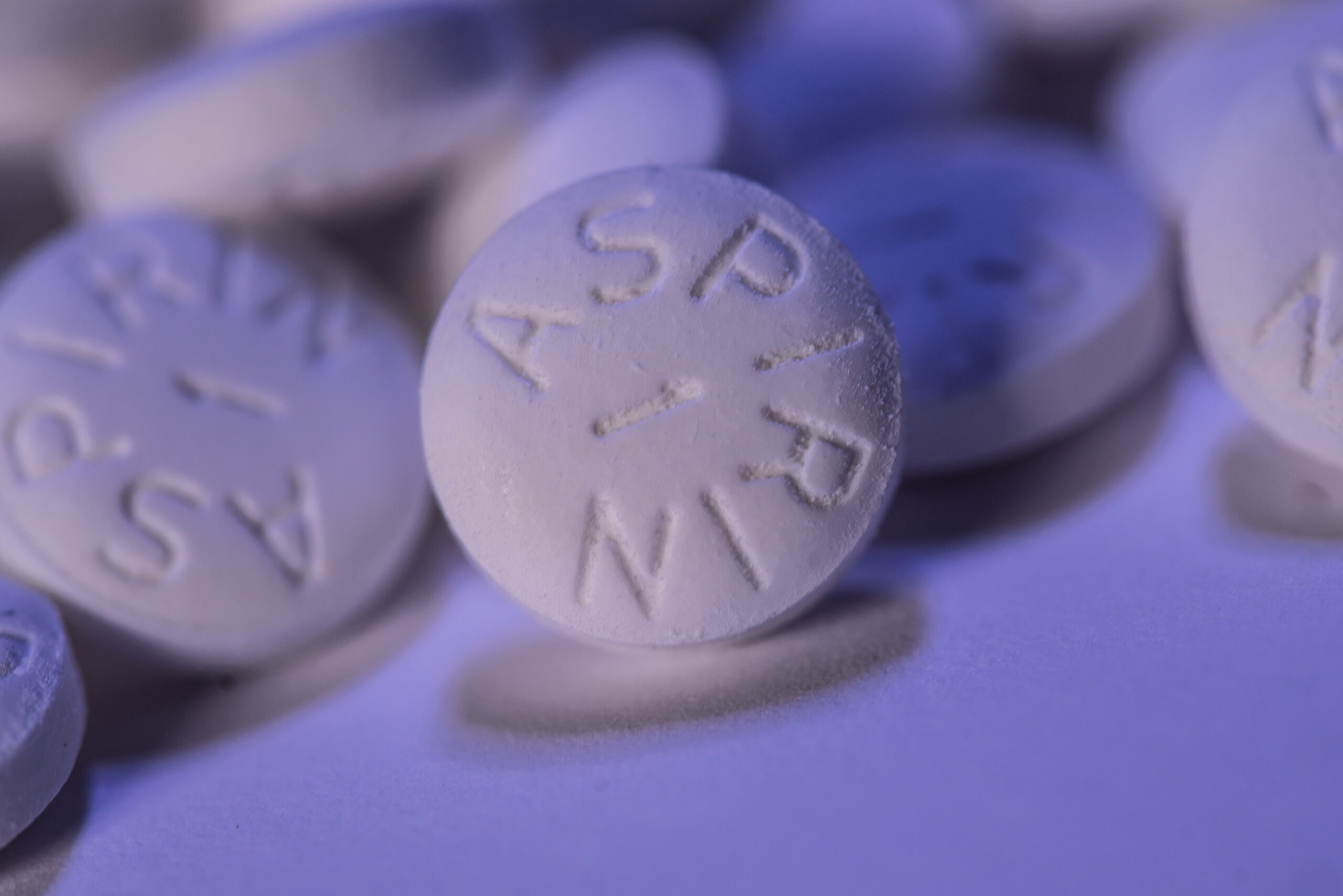What if the tiny white pill you’ve trusted for decades is no longer the best defense against another heart attack?
Quick Take
- Landmark studies now suggest P2Y12 inhibitors like clopidogrel are more effective than aspirin for long-term heart attack prevention after stent surgery.
- Meta-analyses show a 23–29% greater reduction in major cardiovascular events with P2Y12 inhibitors, with no extra bleeding risk.
- Leading cardiology organizations are rethinking decades-old guidelines that made aspirin the standard of care.
- This shift could impact millions of high-risk patients and reshape prescription habits worldwide.
The Pill That Changed Everything—Again
For nearly half a century, millions have popped aspirin daily, convinced it was their lifeline after a heart scare. But June 2025 marks a seismic shift: a sweeping meta-analysis in The BMJ and results from the SMART-CHOICE 3 trial have upended that certainty. Researchers found that a class of drugs called P2Y12 inhibitors—think clopidogrel and ticagrelor—offer better protection from heart attacks and strokes than aspirin alone for those who’ve had coronary stents placed. The numbers are impossible to ignore: a 23% reduction in the composite risk of cardiovascular death, heart attack, or stroke compared to aspirin, and a 29% lower risk of major events in the critical period following percutaneous coronary intervention (PCI).
These findings cut against decades of entrenched medical dogma, opening a high-stakes debate: Should aspirin, medicine’s “miracle pill,” finally step aside for something more powerful?
The Long Reign of Aspirin—and Its Limits
Aspirin’s role as the default antiplatelet therapy traces back to the 1970s, when studies showed it slashed the risk of a second heart attack or stroke by a quarter. The little tablet became a household name, synonymous with heart health, and its use expanded further after the introduction of stents and dual antiplatelet therapy (DAPT)—a cocktail of aspirin plus a P2Y12 inhibitor given after PCI. Once the initial months of DAPT passed, guidelines usually fell back on aspirin alone for years, if not for life. Yet cracks in aspirin’s armor have appeared. With the advent of more potent P2Y12 drugs, researchers noticed that outcomes might be even better if these new agents replaced aspirin as the long-term solo therapy post-PCI.
Recent multi-trial meta-analyses and large randomized controlled trials have now made the case explicit: P2Y12 inhibitors are at least as safe as aspirin, and considerably more effective at preventing the events that matter most to patients—heart attacks, strokes, and cardiovascular deaths.
Guidelines on the Brink of Change
The data could not have arrived at a more pivotal moment. Cardiovascular disease remains the world’s top killer, and PCI is performed hundreds of thousands of times a year in the U.S. alone. For these patients, the next prescription at discharge could mean the difference between a second chance and a second heart attack. The American College of Cardiology and American Heart Association are now weighing the new evidence and pondering whether to rewrite the rules. Dr. Joo-Yong Hahn, lead investigator for the SMART-CHOICE 3 trial, did not mince words: “Clopidogrel beat aspirin as a lifelong maintenance monotherapy… guidelines will address clopidogrel monotherapy as comparable to aspirin monotherapy or as preferred to aspirin monotherapy for patients at high risk of recurrent ischemic events.”
Editorials in The BMJ have echoed this urgency, calling for a swift shift in clinical practice to make P2Y12 inhibitors—not aspirin—the default for high-risk heart patients after stent placement. The evidence base is now broad, robust, and compelling, supported by international teams and published in the world’s top medical journals.
The Ripple Effects—Winners, Losers, and Open Questions
Patients stand to gain the most from this paradigm shift, with the promise of better long-term outcomes and fewer emergency returns to the hospital. Cardiologists and primary care doctors must quickly adapt, balancing the benefits of P2Y12 inhibitors against practical concerns: higher drug costs, insurance coverage battles, and the need for prescriptions versus aspirin’s over-the-counter status. Pharmaceutical companies producing clopidogrel and ticagrelor may see a surge in demand, while aspirin’s reign as the default choice could quietly fade into history. Yet not everyone is ready to declare aspirin obsolete. Some experts urge caution, citing the need for more data in lower-risk groups and real-world settings, and raising questions about accessibility for older or underinsured patients.
For now, most agree the writing is on the wall for high-risk post-PCI patients: the era of “an aspirin a day” as the gold standard is ending. The world of cardiovascular medicine is bracing for a new chapter—one where the familiar white pill may take a back seat to a new generation of targeted therapy. The debate is far from over, and millions of patients are watching for the final word.
Sources:
IM Matters ACP Weekly, June 10, 2025








